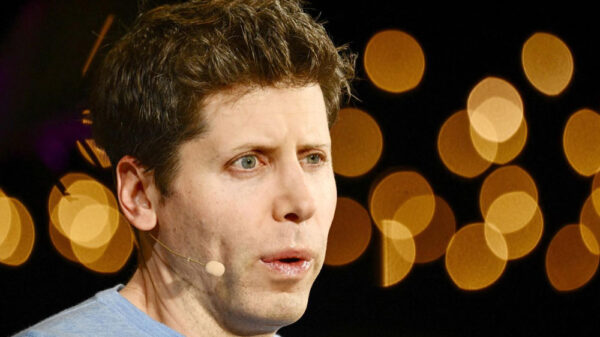South Korea has entered a period of political turbulence following the impeachment of President Yoon Suk Yeol over controversial actions related to martial law. Acting President Han Duck-soo, previously serving as the country’s prime minister, is working to stabilize the nation’s leadership and reassure both domestic and international stakeholders amid the crisis.
Han Steps Up as Acting President
On Sunday, Han Duck-soo emphasized his commitment to maintaining stability in the face of uncertainty. In a phone conversation with U.S. President Joe Biden, Han affirmed that South Korea would continue to uphold its foreign and security policies. He underscored the importance of the South Korea-U.S. alliance and pledged to ensure the partnership remains intact.
The White House echoed Han’s sentiments, with President Biden expressing his confidence in South Korea’s democratic resilience and the rule of law. Biden also reassured Han of the unwavering strength of the U.S.-South Korea alliance, even in the face of North Korea’s potential provocations.
Political Dynamics: Opposition Party Stands Down
In an unexpected move, the Democratic Party, South Korea’s main opposition party, announced that it would not pursue impeachment proceedings against Han. This decision, according to party leader Lee Jae-myung, was made to avoid further disruptions to national governance. Lee stressed the need for stability during this transitional period.
However, the political landscape remains fraught. Yoon Suk Yeol, who has been accused of insurrection and abuse of authority, faces a criminal investigation. Prosecutors have vowed to summon him again after he failed to appear for questioning on Sunday. The Constitutional Court will now decide Yoon’s fate, with up to six months to either reinstate him or permanently remove him from office. If the latter occurs, a new presidential election must be held within 60 days.
Public Reaction: Divided Opinions
The impeachment has sparked mixed reactions among South Koreans. Over 200,000 demonstrators gathered outside the National Assembly to celebrate Yoon’s removal, calling for accountability and a reset of the government’s priorities. Meanwhile, a smaller group of Yoon supporters protested in central Seoul, accusing opposition lawmakers of overreach and political opportunism.
Economic and Market Implications
Financial markets, initially rattled by the impeachment, showed signs of recovery. South Korean shares rose for the fourth consecutive session on Friday, fueled by optimism that the political uncertainty could subside. Acting President Han, along with the finance minister, pledged to stabilize markets and introduce an economic policy plan by the end of the year.
Democratic Party leader Lee Jae-myung has called for additional measures to address the economic fallout. He proposed the creation of a National Stability Council for Governance to coordinate between the government and parliament on issues such as finance, the economy, and public welfare. Lee also advocated for a supplementary budget to support small businesses and investments in artificial intelligence and infrastructure, aiming to offset slumping domestic demand.
The recently passed 2025 budget, totaling 673.3 trillion won ($470.6 billion), reflects the Democratic Party’s priorities, with cuts to reserve funds and classified operations associated with the presidential office. However, the government has criticized the budget reductions, arguing they could delay critical projects for small businesses.
North Korea: A Persistent Threat
The political upheaval has raised concerns about South Korea’s ability to respond to external threats, particularly from North Korea. Acting President Han convened the National Security Council shortly after the impeachment vote to reaffirm the country’s military readiness. He also held discussions with the commander of U.S. Forces Korea to address potential provocations, such as missile launches or cyberattacks from the North.
Outlook: Months of Uncertainty Ahead
While Han’s leadership as acting president has been welcomed by international partners, the road ahead remains uncertain. The Constitutional Court’s decision on Yoon’s impeachment will likely shape the country’s political and economic trajectory in the coming months. Former New Zealand ambassador Philip Turner described Han as “capable, experienced, and well respected,” but acknowledged that the interim leadership is only a temporary solution.











